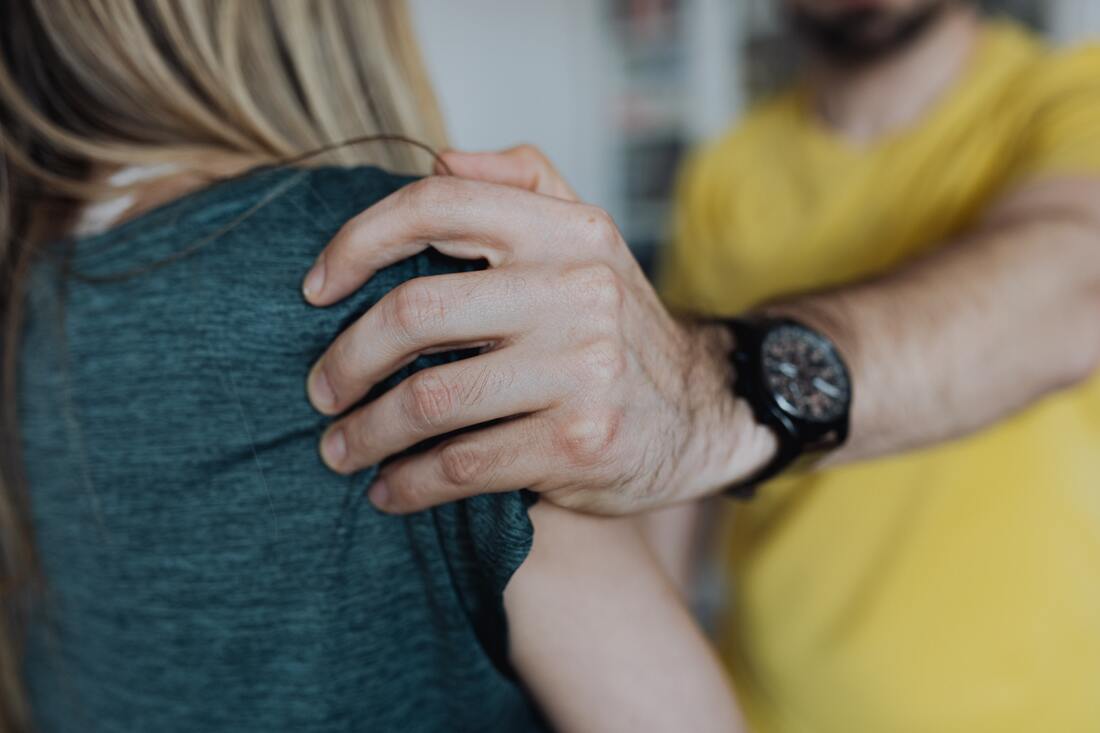When Rachael Bews became 19 years vintage, she labored with a “great woman” known as Ali. Ali had fled an abusive courting with her three kids, carrying nothing but the garments they had been wearing. She maintained it became a “true coat and pair of shoes” that helped her construct her new life. Several years later, Bews located herself in an abusive dating, which motivated her to determine her begin-up ALIAS.

Lucy Sherriff: What’s your business all approximately?
Rachael News: It’s a social challenge that gifts bespoke clothing parcels to women in the apparel crisis. Many women in the clothing crisis depend upon negative-best, unwell-becoming apparel donations, passed to them in bin bags – doing nothing to assist them in holding their dignity, identification, or self-belief. Beautifully packaged and whole with a hand-written notice of aid and solidarity, ALIAS parcels are designed as gifts, not hand-out. Each box is adapted to each recipient’s scale, fashion, and nonsecular or cultural needs.
LS: What became your turning point in starting your commercial enterprise?
RB: Several years later, after assembly Ali, I fled an abusive accomplice. I discovered that thousands of girls had been relying on bin baggage of poor first-class and often unwashed clothes to rebuild their lives. This fact profoundly affected me, leaving me feeling, “We can do higher; we have to do higher.” ALIAS, or Ali’s Coats & Shoes, changed into the bearing. The project started in February 2017, with our respectable release in September 2018.
RB: Traditional charitable giving often relies on the giving of 2nd hand garb. While that is ok, supplied the garments are of desirable enough satisfactory. We feel strongly that what we provide women must be of the best fine. That’s why we most effectively present new and unused apparel. This manner that we also offer apparel stores and architects a socially and environmentally responsible alternative to landfill and incineration – almost half of the latest garb is destroyed in this manner in the UK each yr. Increasing consumer and political stress on retailers in this way acts in our preferred.
LS: What are a number of the hurdles you have confronted in starting your business?
RB: One of the biggest demanding situations has been gaining constant garb donations from participants of the public and apparel shops. We have been overwhelmed by using loads of clothing donations to date, but we want to set up steady relationships with shops and designers to help our service’s tremendous social demand. Building these relationships takes time, as does the choice-making system within fashion retail. In the suggested time, individuals of the general public can assist our garb pressure #TAGSTO10K at alias. Co.The United Kingdom/donate.
LS: Can you tell me approximately a number of the influences you are making on society?
RB: We aid girls to keep their dignity, identity, and self-assurance thru a clothincrisesis. We guide girls with skilled home abuse, forced marriage, FGM, homelessness, human trafficking, and various occasions that lead them to lack the essential apparel for everyday lifestyles. We offer girls the vital garb they need to experience comfortable in their skin. One non-public tale a girl named Jessica shared with us became specifically touching. She contacted us to say that the clothes had made an impact and had, without a doubt, made her smile. Also, Ali now works in social care and has made referrals for her customers to ALIAS – so the story has come a complete circle.
LS: So, what is your plan for the next five years?
RB: We’ve been beaten with requests to get the right of entry to and utilize our model through community corporations across the United Kingdom and Europe. Our key purpose is to empower groups and gain our bold social objectives. We’ve determined to create an open supply toolkit (certified through Creative Commons) to allow different agencies to enter and use our model at no cost as part of the ALIAS undertaking. Creating and assisting the adoption of our version and persevering with distributing apparel parcels is very much of our intention for the future. We’ve been lucky to get hold of £50k in furnish investment. We are retailing our very own sustainable merchandise to assist cowl the expenses of producing and dispensing our apparel parcels, allowing our supporters to ‘buy a t-shirt and gift a wardrobe.’ We are based totally in Edinburgh and have a crew of five. So far, we’ve sold about £1000 in merchandise because launching the gathering in September 2018.